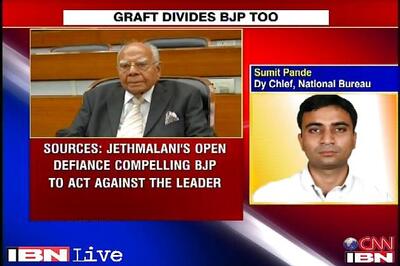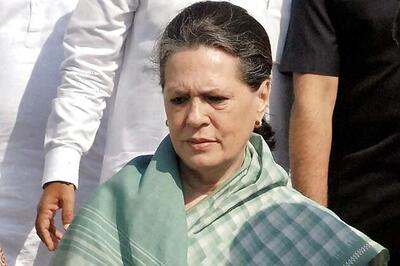
views
Melbourne: Former Australian Prime Minister Malcolm Fraser on Monday strongly criticised Julia Gillard for amending the long-standing Labor policy to sell uranium to India calling it a "shameful abject submission to US pressure."
In an opinion piece published in 'The Age', Fraser, who led the country during 1975-83 as a Prime Minister, said "Canberra's abject submission to US pressure is shameful."
He said Gillard has been "dead wrong" in doing so and changing the policy through a deeply divided ALP nationalconference last weekend was not smart politics, but a failure of leadership.
"The unequivocal longer-term consequences of this policy backflip are aggravating India's nuclear arms race with Pakistan and eroding the already failing brakes on proliferation of nuclear weapons," Fraser said, adding that nuclear war between the south Asian neighbours was not some theoretical possibility, but a real and growing danger.
He reminded of war between the two in 1998 in Kashmir and said, "In any crisis, deliberate or inadvertent nuclear escalation could occur. The possibility that some of Pakistan's nuclear arsenal could fall into the hands of the Taliban adds concern."
The former prime minister said that the two nations have 170 to 210 nuclear weapons and both add more each year.
"Indeed, Pakistan has the world's fastest growing nuclear arsenal. The consequences of any such war would be global," Fraser said, adding that Australia would also not be spared.
He further said contrary to claims by the Australian government, India has an appalling record on nuclear proliferation. In 1974, India detonated a plutonium bomb, violating agreements to use only for peaceful purposes nuclear fuel supplied by the US in a reactor supplied by Canada.
Nuclear trade with India trashes a founding principle of the nuclear non-proliferation treaty: nuclear trade should be limited to states that have for sworn nuclear weapons by joining the treaty, he said.
"A more effective way to undermine the incentive for countries to honour their non-proliferation obligations could hardly have been crafted. And on what consistent basis could Australia deny uranium to Pakistan, or Israel, or Iran?" he said.
"A reason India wants access to nuclear trade including uranium is precisely to further its nuclear proliferation. Senior Indian military leaders have publicly said so. What is gained under the deal? Eight additional reactors, for a total of 14 out of 22, will be subject to safeguards. India can determine which facilities are designated civilian and subject to safeguards, and has not committed to make safeguards permanent or unconditional," he said.
Fraser said that the South Pacific Nuclear Weapons Free Zone Treaty, of which Australia was a founding signatory, allows uranium exports only to countries that have full-scope, comprehensive nuclear safeguards in place.
"India has consistently refused full-scope safeguards, thus selling uranium to India would breach our international treaty obligations," he said.
"At best, exporting uranium to India would allow use of more of its own uranium for weapons. At worst, Australian uranium could end up in nuclear weapons exploded in Pakistan or China," Fraser said.
The former prime minister added that uranium and its fission products will remain radioactive and potentially weapons-usable over aeons, an enduring legacy unaffected by the transitory comings and goings of fickle prime ministers and governments.




















Comments
0 comment